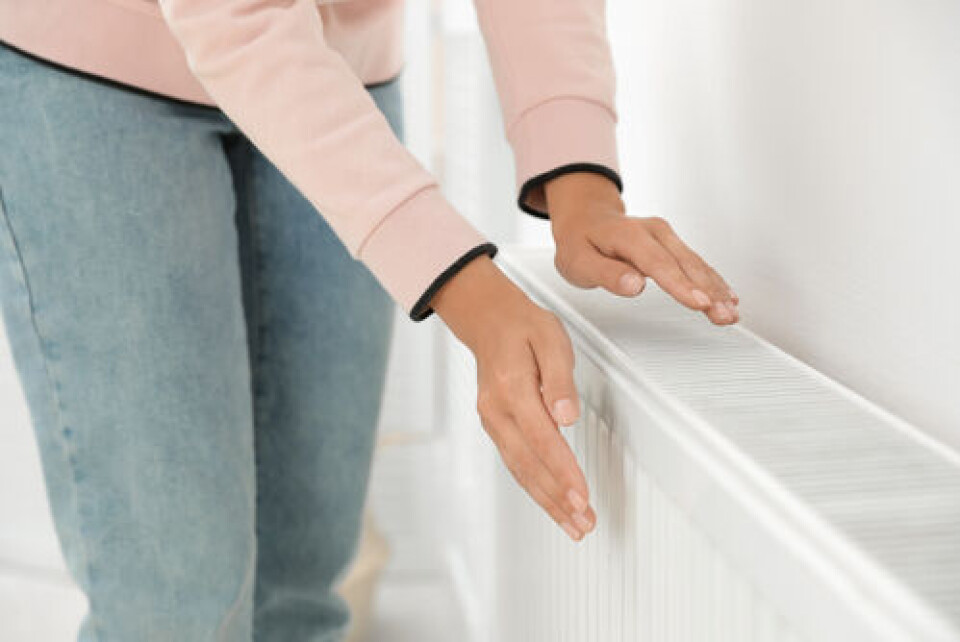-
Grand crème, café crème, au lait: how to order coffee in France?
We explain the subtle distinctions between the various terms used in cafés
-
France extends boiler replacement grants
New incentives offer larger grants for modest-income households to switch to efficient heating systems
-
Why do many think wood-fired boilers will be banned in France - and is it true?
A new poll found that a majority of people believe a ban on wood-fired boilers and stoves will come into force from 2027
Why is the heating always on in our French apartment building?
We look at how collective heating systems work in copropriété shared ownership apartment blocks

Reader Question: We eventually have our communal heating on this winter. A question that has always puzzled us is why the heating is not on a timer. It seems a waste of energy to have it on 24/7 especially in southern France. Is it normal practice for communal heating not to be on a timer? We cannot turn our radiators off as they are ‘fixed’ on the lowest level (we can turn them up but not off).
Copropriétés in France can have individual or collective heating systems, and when they are collective it is often cheaper because the cost is shared between all of the owners in the building and any repairs are sorted by the syndic.
Normally, a collective heating system would be switched on around October 15 and off around April 15, but these dates vary depending on the region. You can check with your building’s syndic for the exact dates, or if you would like them to be changed.
You can also ask your syndic – normally during an assemblée de copropriétaires owner meeting – for further information on the heating settings and timings.
French law states that in buildings whose planning permission was issued after June 1, 2001, the temperature must not generally be below 18C, but the occupant must be able to allow the temperature to go below this if they so wish.
For older buildings, the temperature must be at least 19C.
If you live in an older building, this might explain why the heating is on at a low level all the time, because otherwise it is difficult to keep all of the rooms in all of the apartments at an acceptable temperature.
If you find that the temperature in your apartment is uncomfortable – either because it is too cold or too warm – you should discuss the issue with your syndic.
Related articles
People's energy-saving efforts reduce electricity use in France
Explainer: Who will receive France's €100-€200 extra energy aid
Tens of thousands in France sign up to EDF energy saving Tempo plan
























